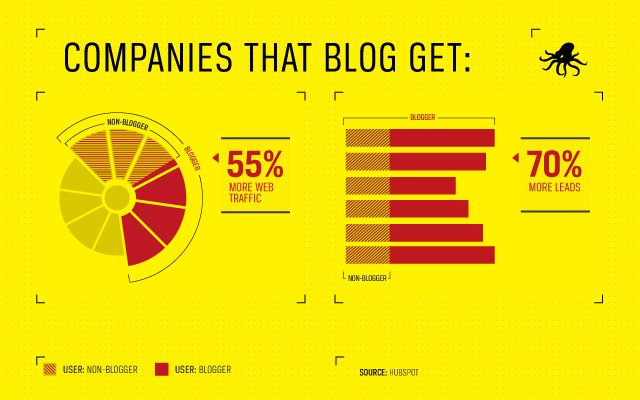Self-made social media fantasmo Gary Vaynerchuk made some waves with a quote — ”What is the ROI of your mother?” He was implying that things can provide great value without a link to actual profit.

Depending on your company’s social media strategy and relative goals, you might be measuring ROI with social-specific metrics like engagement, influence, audience size, mentions, and retweets. You might include standard digital marketing metrics like impressions, clicks, and website traffic referred from social. If you’re in B2B and you’re using content marketing to drive conversions (you might call them downloads, signups, leads), you might be in the small crowd effectively tracking a dollar value ROI for social based on your average cost per lead (CPL) and measuring referrals for qualified leads from social media.
Regardless of where you are with social media measurement, it’s clear that we’re well past the days of “social is an amorphous free bird that can’t/shouldn’t be measured.” 87 percent of B2B content marketers use social media (source). Social is becoming a standard component of B2B marketing strategy.
It’s time to get serious with your social media measurement. Here’s a quick primer on the types of metrics you should be tracking depending on your overall goals for social:
-
Awareness, influence, and engagement: If you’re just starting out with social or your goals include impacting brand lift, audience engagement and influence, you can track your progress using social-specific metrics like fans/followers, direct/indirect mentions, retweets, engagement and influence scores, and shares.
-
If you’re tracking your ability to drive action from social media, you can use metrics like website traffic referred from social, impressions, clicks, and reach.
-
Lead generation: If you are held accountable for lead generation from social or if you want to show a dollar value return for your time or financial investment in social, soft metrics aren’t going to cut it. You need to track conversions directly referred from social. You can track leads referred from social with Google Analytics goals if you’re an analytics whiz or you can use a robust social CRM like Argyle Social or Hubspot.
Hubspot reports companies that blog drive 55 percent more traffic and 70 percent more leads than those who don’t. Knowing that you can measure social with hardline metrics that mean something to the whole of your marketing team, why let your time and financial investment in social go unmeasured?
And, as always, if you need help, drop us a line.


